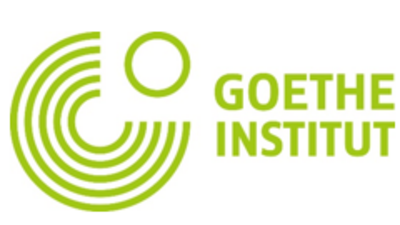Become part of a highly effective healthcare system
In comparison to other countries, Germany has a highly effective healthcare system. Using the latest treatment methods and modern medical instruments allows for a high level of care. A dense network of hospitals and local doctors ensure that patients swiftly receive the medical services necessary for them. The ongoing digitalisation in the healthcare sector continues to reveal new opportunities for medical care. Thus, data in electronic patient files is rapidly available and access to digital healthcare applications and telemedicine can be established. This testifies to the great innovative power of the German healthcare sector and its dynamic economic sector. With over 6 million employees, the public health service is also a crucial resource for employment; the number of employees has been increasing steadily for years. As of right now, over 428,000 doctors make sure that patients are well cared for.









